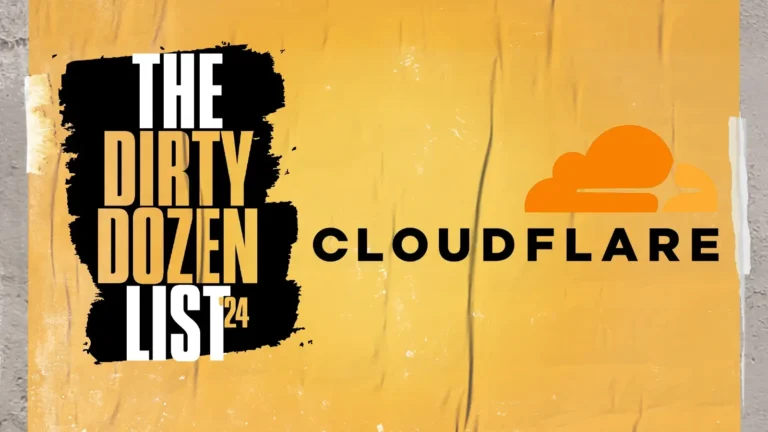By Dean Marney
Library Journal
Find the article here.
Nov 1, 2010
At least three nights a week, after working as a library director, I teach power yoga. Sometimes when the class is breathing into an uncomfortable twisting position, I ask them to look behind them and identify an old limiting belief. Then I ask them to turn forward and see if they can find a new belief that is more empowering.
I direct a five-county rural library district. We have 28 mostly very small libraries; only a couple have separate children’s rooms. In 2006, the American Civil Liberties Union (ACLU) of Washington and four plaintiffs brought a case challenging our filtering policy.
We do not allow the filter to be turned off, as many libraries do, but allow individual websites to be unblocked after review consistent with our collection development policy. (Sometimes there’s a slight delay; rarely does one last more than a day.) As part of the case, we commissioned a study of our filter by Paul Resnick at the University of Michigan School of Information that revealed that fewer than 1/3000th of patron searches resulted in incorrect blocks.
New breath for old beliefs
I hope that the 6–3 ruling by the Washington State Supreme Court in favor of our policy, along with an expected forthcoming ruling in federal court backing it, will raise deeper questions, challenge old beliefs, and breathe new life into discussions about libraries and the Internet.
The outdated tenets about using technology to manage the Internet, promoted by the Freedom To Read Foundation (FTRF) and American Library Association (ALA) Office of Intellectual Freedom, express dogma and fundamentalism and deserve challenge.
For the FTRF, intellectual freedom does not include listening or giving time to viewpoints that don’t affirm its ideas. Before the case against our policy was filed, the FTRF invited the lead ACLU attorney for the case for a briefing. There was no attempt to contact me. FTRF president Kenton Oliver served as a witness. In his deposition, he was asked if he had ever had any contact with me. He had not nor had he ever visited any of our branches.
What I believe
Here are some things I believe and challenge regularly.
I believe the staff and Board of Trustees of our library, in their mission to “promote reading and lifelong learning,” revere the First Amendment of the U.S. Constitution and Article I, Section 5, of the Washington State Constitution.
I believe that some form of filtering is a best practice in libraries. Everyone at least uses a firewall and a spam filter. Using technology to manage our collections on the Internet is economical and equitable. Filtering offers a technological solution for a technological problem. If your filter is inadequate, find a better one.
I believe that ALA failed in its attempt to invalidate the Children’s Internet Protection Act in the U.S. Supreme Court. The justices ruled that filtering does not violate the First Amendment. The case against us was an attempt to undo that ruling with an applied challenge.
We are a test case, and the concept being tested is whether the Internet is an “all or nothing” proposition for libraries.
I believe that “all or nothing” would include everything on the Internet. Librarians daily deny patron access to valuable First Amendment–protected speech because it is subscription- and fee-based. These same librarians may feel morally superior for providing uncontrolled access to the free parts of the Internet that include, among other things, obscenity, pornography, child pornography, material harmful to minors, and illegal gambling.
I believe that pornography can be harmful to children whether they access it or are exposed to it by others accessing it. It creates a hostile environment for our staff and other patrons and overshadows many of the benefits of the free Internet access we provide.
I believe that the “tap and tell” tactic some libraries use isn’t fair or equitable. Library personnel and security guards are universally untrained to make snap judgments about Internet content, and there are no standards for enforcement.
Child pornography is not protected speech. I believe that most people are not looking for child pornography, but if you are using a filter as a first-line defense against access to child pornography and turn that filter off, you are providing open access to child pornography without apology. I believe that librarians ignore that Internet gambling is illegal. There are both federal and state statutes against it.
Finally, as we migrate our collections and our entire libraries onto the Internet, we must be responsible to the communities we serve and make our mark as the profession that intelligently manages and makes usable the vast stores of information available online. Content matters.
As part of my yoga practice, I’m breathing into my belief that librarians can exhibit graciousness, civility, and respect for one another. I invite you to take a breath with me. Embrace more questions about our beliefs, including those about the Internet.





